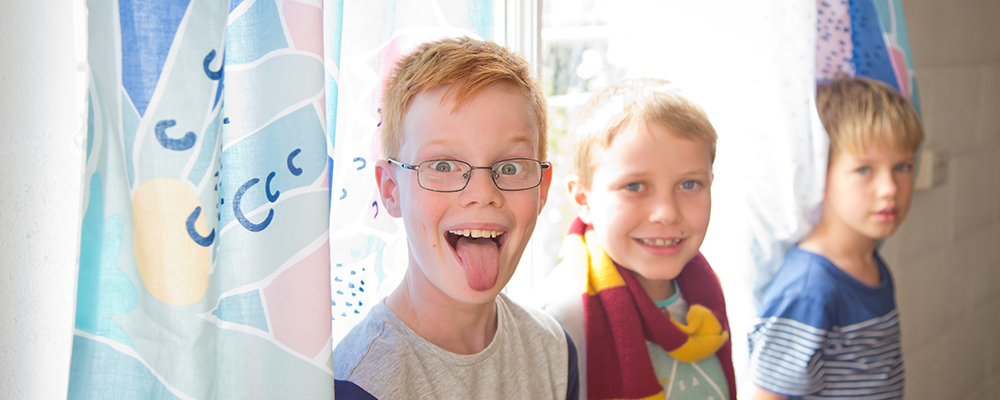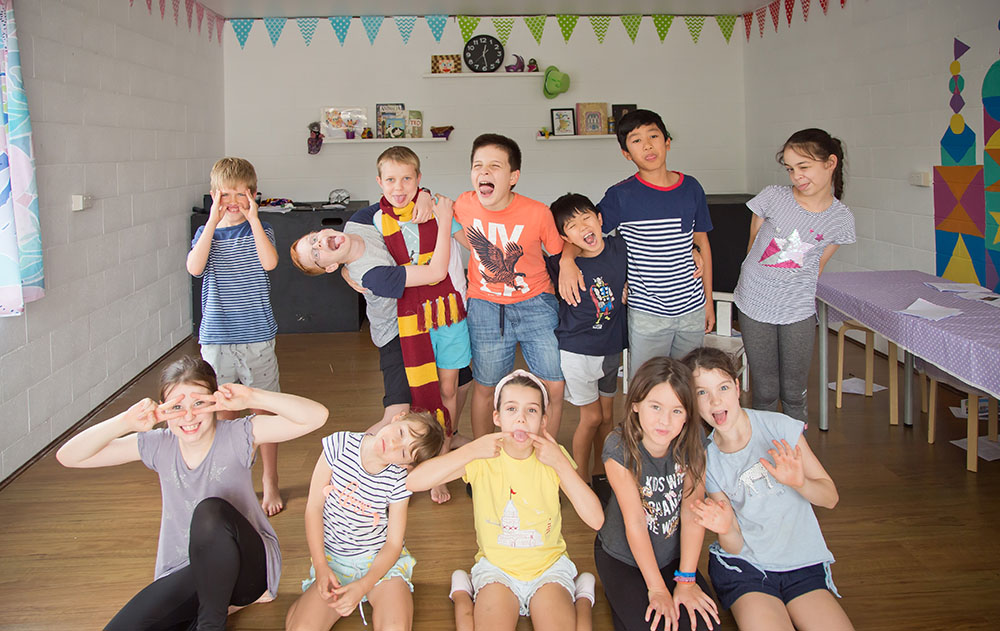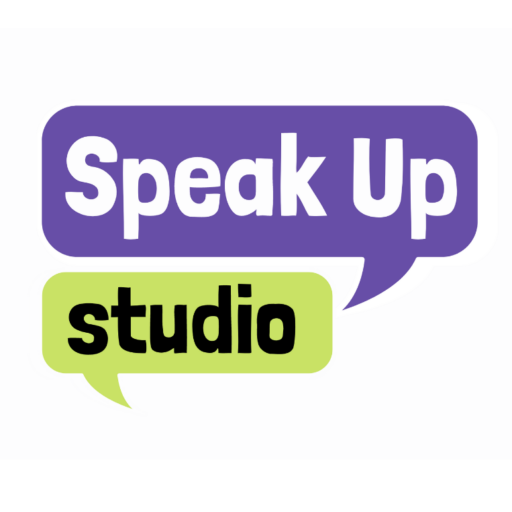
15 Oct Finding a place where your child feels like they belong
When parents enrol their children in Speak Up classes we send them a little questionnaire to fill in about their child. One of the questions is, “What brought you to Speak Up?” By far the most common reason parents enrol their children in our Speech and Drama classes is because they can see their child’s creative and confident side at home and they want to see them come into their own at school and in larger groups.
It warms our hearts when we read the beautiful comments parents write about their children. You are the ones who know them best, and you know understand their strengths and weaknesses. You would do anything to help them have the very best childhood – to harness the creativity, confidence, and imagination you know they have in spades within them. Finding a place where they feel like they belong is important to you as parents.
Parents are sending us comments like these when they enrol:
“I would like him to become more confident when talking in front of people. His clarity is not good so would like him to learn to slow down when talking and speak clearly. At the same time he is goofy, and drama would be such an awesome way for him to express himself. “
“He is a creative little soul and loves imaginative play. Although he is a very social child, he does tend to be a little shy in big groups, so I thought this would be the perfect way to help build his confidence in a way he would enjoy.”
A child with a spirited sense of creativity and imagination needs an outlet. Whether kids are shy or more outgoing, one things for sure, Speak Up attracts creative kids!

One child famously went home after their first class with us and said “Mum, I found my people!”
Finding where you fit in in the world can be a relief. Whether it’s dance, sport, art, music, drama or something else, it feels good to be included and to be surrounded with people who care about the same things you do.
“Mum, I found my people!”
This is what your child will learn by being part of a community:
1. You can be someone different to who you are at school
Kids often get typecast at school, such as “the quiet kid”, “the shy kid” or “the naughty kid”. It can be difficult for them to break out of these constructed identities. When they find an activity that suits them, they’ll be able to arrive and feel like they can be themselves, without any preconceptions or expectations
2. You’ll find people who are the same kind of weird as you
When you think about it, schools bring together a random selection of people from the community, who have a vast array of different interests. At university we choose what to study and later on, we choose where to work. Often the only thing we have in common with our schoolmates is our postcode. Being lumped in with random people can create feelings of isolation, and it can be a relief to arrive at an activity after school with people who are just like you and who care about the same things as you.
3. How to make friends and socialise
Group activities provide structured environments that facilitate the building of friendships and social skills. Team sports and performance groups all rely on a group working together towards a common goal. There are games and opportunities for reflection and learning, and through these activities children learn to care for each other and to empathise and support each other. Making friends and connections is a skill that is developed within communities.
There are many benefits to signing your kids up to extra-curricular activities. Experiencing a sense of belonging is fundamental to childhood development and lifelong happiness.
You might also like to read about Why Drama Works.

